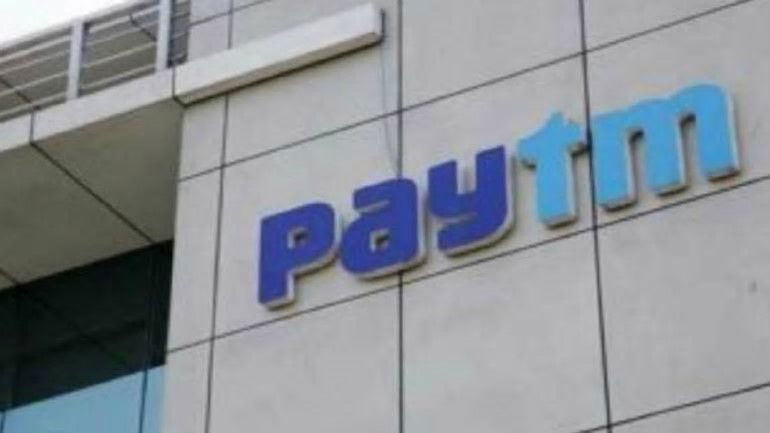
Paytm investment into payments arm deferred amid Chinese shareholding concerns in parent: Report
One 97 Communications, the parent company behind Paytm, is facing a roadblock in its quest to secure government approval for a critical investment in its payments arm, Paytm Payment Services Ltd (PPSL). According to a recent report by Reuters, Indian government has deferred the approval of Paytm’s $6Mn investment (₹500 million) in Paytm Payment Services Ltd.
At the heart of the issue lies the ownership structure of One 97 Communications. Antfin (Netherlands) Holdings, a subsidiary of the Chinese tech giant Alibaba, holds a significant stake of 9.88% in the company. This Chinese shareholding has triggered close scrutiny from the Indian government, which enforces strict regulations on foreign direct investment (FDI), particularly those originating from or involving companies with Chinese shareholders. Paytm also sought the green light from the government for its investment in Paytm Payment Services, which would have marked a crucial step in obtaining the payment aggregator license necessary for online payment acceptance.
According to sources and a document cited by Reuters, a government panel responsible for approving the investment is divided on the issue. The Ministry of Home Affairs reportedly greenlit the proposal in January of this year. However, the Ministry of External Affairs, citing “political grounds,” has rejected it. This disagreement between government ministries has led to the deferral of a final decision on Paytm’s investment in PPSL. For those who are unaware, Antfin (Netherlands) Holdings, the Chinese entity, currently holds a significant stake of 9.88% in Paytm, raising concerns among Indian authorities about foreign influence and compliance with regulatory norms.
For its part, Paytm has provided a swift response to the development. The Indian fintech major, in an official blog post, denied any communication regarding a delay in approval or potential penalties. “Recent articles have speculated on the deferral of Paytm Payment Services Limited’s (PPSL) license application and potential penalties. We wish to clarify that we have not received any communication suggesting a deferral or penalties. Any notion to the contrary is completely unfounded and misleading,” Paytm’s blog post read. “The source-based information appears speculative, as the government has consistently championed fintech initiatives,” a spokesperson for Paytm commented on the matter. “The ongoing application process has seen us promptly provide the requested information, with no indication of rejection or penalties involved.”
To provide the necessary context, Paytm Payment Services was established specifically to comply with regulations set forth by the Reserve Bank of India (RBI). In November 2020, PPSL submitted a license application to operate as a payment aggregator, a crucial step for facilitating online payments. However, the application was initially rejected by the RBI in November 2022. The central bank directed Paytm to resubmit the application to ensure compliance with the latest FDI rules. As per Paytm’s blog post, the company has provided all requested information and is currently awaiting a final decision. The ongoing application process allows PPSL to continue servicing existing partnerships while new merchants cannot be onboarded until a license is granted.
Sources close to the development suggest that if the government ultimately withholds approval for the investment, Paytm might be forced to withdraw the funds from Paytm Payment Services. This could potentially disrupt the company’s online payment operations, impacting a significant portion of its revenue. Paytm Payment Services’ turnover accounted for a quarter of Paytm’s consolidated revenue from operations in the financial year 2022-2023.


